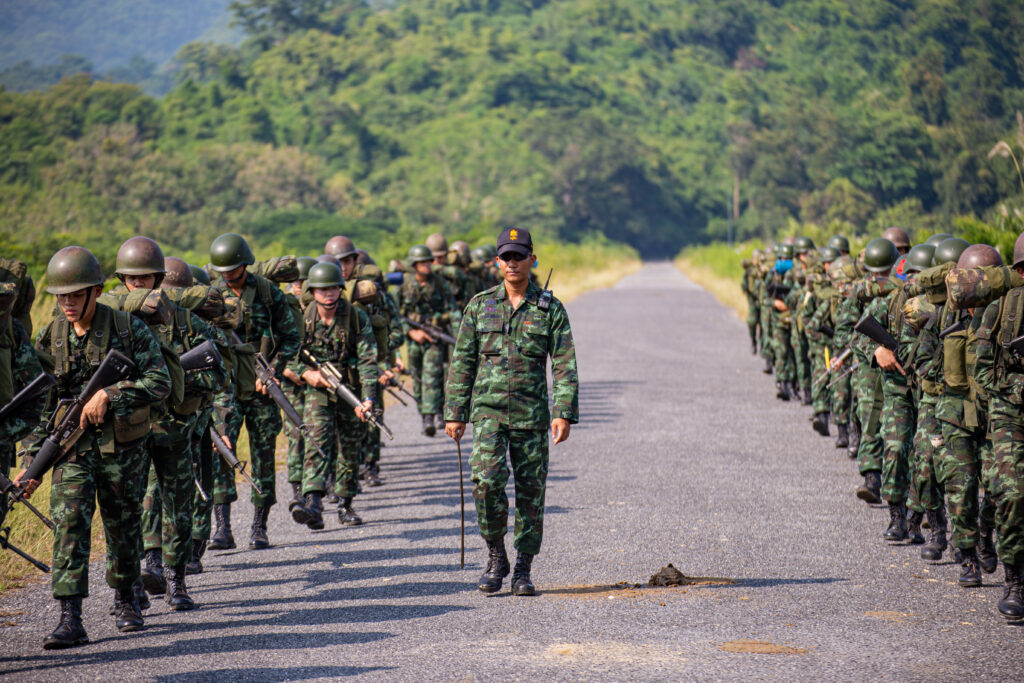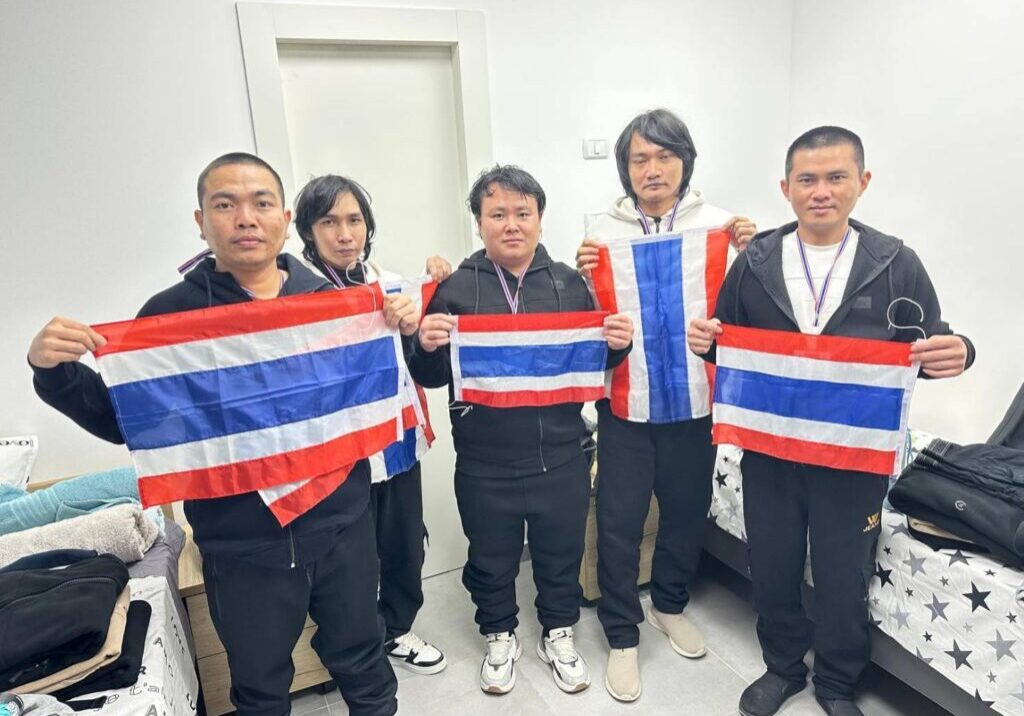Australia/Israel Review
Asia Watch: Same old problem
Oct 21, 2024 | Michael Shannon

While Thai politics over the past two decades has been marked by instability, with two military coups, plus royalist and judicial interventions, one issue remains a constant – the ongoing insurgency in the country’s largely Muslim-Malay southernmost provinces.
The region has seen over 7,500 violent deaths since 2004, when the insurgency ignited, through to 2023, according to the Deep South Watch, a local monitoring group. It reported over 22,200 incidents of unrest that led to 14,000 injuries during that period.
Peace talks between the Thai government and separatist groups began in 2013 but have made painstakingly slow and limited progress, amid various changes of government. The current dialogue, which began in 2020, involves direct, Malaysia-brokered negotiations between Thai representatives and the Barisan Revolusi Nasional (BRN), the region’s major separatist group.
The abrupt change in prime minister in August, which saw PM Srettha Thavisin removed from office for what the Constitutional Court deemed was a gross ethical violation in appointing a convicted felon to his cabinet, is unlikely to impact the southern peace talks, observers say. The current Pheu Thai-led government elected in September 2023 campaigned on populist economic policies, including promised cash handouts.
Srettha has been succeeded by Paetongtarn “Ung Ing” Shinawatra, the third member of the Shinawatra family to hold Thailand’s top political office – her father Thaksin and aunt Yingluck were both removed by military coups.
So far, the only indication of the Government’s intentions lies in the 5.78 billion baht (A$254.9 million) in the 2025 fiscal year budget to address issues in the southern border provinces, with the declared goal of reducing violence and loss of life by 80%.
The appointment of Chatchai Bangchuad as the first civilian head of the Thai negotiating panel in late 2023 was seen as a positive step. While concurrently serving as deputy secretary-general of the National Security Council, Chatchai succeeded in getting the BRN to agree to a framework for the peace process, known officially as the Joint Comprehensive Plan towards Peace (JCPP). However, the removal of Srettha and his ministers means the JCPP will have to wait until the new cabinet reinstates Chatchai or appoints a new chief negotiator.
Then the focus turns to harder issues – the details of achieving a cessation of hostilities; a public consultation process; and discussions toward finding a political solution to settle the conflict.
A parliamentary ad hoc committee tasked with coming up with recommendations on how to improve the peace talks is said to be taking a very progressive approach, with suggestions for the government to open up social, cultural, and political space for the Malays in the far south as a way to win hearts and minds of a people who continue to reject identifying with the Thai nation-state.
The long-standing default policy of assimilation – encouraging ‘Thai’ characteristics among the ethnic Malays – has not borne fruit. The four provinces in this historically contested region – Pattani, Narathiwat and Yala, as well as four districts in Songkhla province – lie adjacent to the Malaysian states of Perlis, Kedah, Perak and Kelantan, which form an integral part of the conservative Malay heartland. For the Muslims of this region, their religion and their Malay identity are inseparable.
Any call for substantial changes will likely face resistance, as Thai bureaucrats are generally reluctant to tamper with the country’s highly centralised governing structure, and wary of granting the far south any special status that could set a precedent for other regions.
Likewise, hardliners in the government and military see the peace talks as conferring undeserved legitimacy upon the BRN and still believe they can end the conflict via force of arms, without making any concessions to the BRN or Muslims in the far south.
On the other side, some within the BRN umbrella are questioning whether independence is still part of the movement’s goal given that their political leaders agreed to negotiate under the Thai constitution. Meanwhile, their campaign of violence has continued, with several coordinated, simultaneous attacks involving scores of fighters and sometimes lasting up to 30 minutes. Targets include security units patrolling the region and government installations in towns and cities.
Critics of the dialogue insist that any talks with the rebels must include a demand for an end to violence, something that the BRN is unwilling to agree to. For them, negotiations on reducing violence and rules of engagement are fine in principle but a formal agreement on cessation of hostilities, in the BRN’s view, is tantamount to surrender.
It appears those in the government who believe that improving the provision of goods and services, along with minor administrative changes, will be enough for the Muslims in the far south to come to terms with the Thai state are likely to be disappointed.






